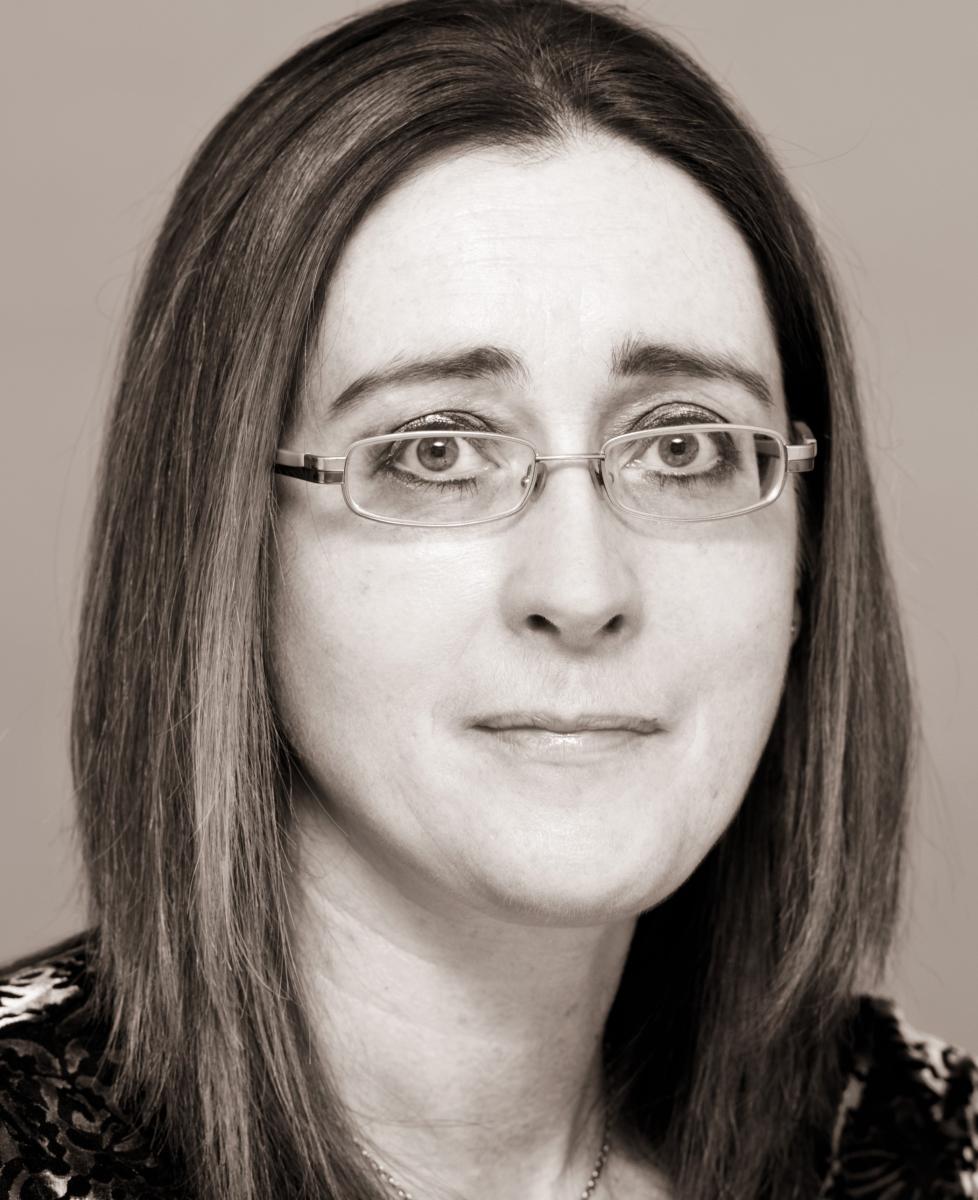Guest blog by Dr Louise Freeman, co-chair Doctors' Support Network
The current pandemic has resulted in much discussion around the topic of doctors' mental health and how best to support those working on the healthcare frontline. One would hope that healthcare would define best practice in enabling valued employees to stay at or return to work after mental illness - unfortunately this has not been the experience of many UK doctors - including myself.
I encountered difficulty in agreeing suitable adjustments to my work when returning to my National Health Service (NHS) consultant role after a bereavement reaction. I was asked by my employer 'What did you say to occupational health that they made this recommendation?' regarding initial occupational medicine (OM) advice (a consultant opinion) that night-time on-call should be avoided for the first three months. This exchange developed into a lengthy and acrimonious discussion with predictable effects on my mental health. The process did not include a case management discussion (usually involving the subject, the employer and occupational medicine) on implementation of the OM recommended adjustments. The return-to-work process eventually resulted in my contract being terminated.
Was it just me? - surely the situation has now improved
Doctors replying to the recent BMA disability survey echoed my own experience in that respondents reported difficulty in having recommended 'reasonable adjustments' implemented.
I also surveyed doctor and medical student members of the Doctors' Support Network about their experiences of needing reasonable adjustments for mental illness.
Unfortunately, the results showed no significant improvements in recent years. There was no apparent correlation between age, speciality or career seniority as to whether doctors or students had a positive or negative experience.
Doctors described problems with employers not understanding their duties under the Equality Act 2010, processes not being correctly followed as well as concerns being dismissed due to the doctor being in work to that point - a common problem for high functioning professionals. Whether doctors had a positive or negative experience seemed to largely depend on the approach of the individual staff dealing with their specific process.
Why does this matter?
When medical school costs £250,000 - with far more expenditure to train a doctor to career grade level - failure to effectively address mental health related reasonable adjustments is not in the long-term interests of the NHS. Any of us may experience mental illness and there is no reason why most doctors should not subsequently stay in or return to their work role - see DSN's AndMe campaign.
Who can make a difference?
Raising awareness of mental illness in doctors, mindfulness and concern for staff wellbeing are all very well but, if we are unable to effectively implement reasonable adjustments, the NHS will continue to haemorrhage its expensively trained and highly skilled staff when we suffer mental illness. Other workplaces, including the armed forces, are making significant progress in this area. I don't think that healthcare should be considered a special case; surely, we should be leading the way in good practice?
I consider that we all need to step up and improve the experience of doctors regarding reasonable adjustments - all of us meaning medical colleagues, occupational medicine and health service employers. Some doctors and medical students do have excellent experiences of reasonable adjustments where they are appropriately supported to stay in or return to work - the changes required are not usually major or difficult to achieve. In the future, I hope that such good practice will be more widespread and reliably available than is currently the case.
 Dr. Louise Freeman is the co-chair of DSN (The Doctors' Support Network), a confidential peer support network for doctors and medical students with concerns about their mental health. A charity, founded in 1996, DSN aims to raise awareness, reduce stigma and influence the agenda regarding physician health.
Dr. Louise Freeman is the co-chair of DSN (The Doctors' Support Network), a confidential peer support network for doctors and medical students with concerns about their mental health. A charity, founded in 1996, DSN aims to raise awareness, reduce stigma and influence the agenda regarding physician health.
A previous version of this article was published on the British Medical Association website here as part of a focus on access and invisible disability for UK Disability History Month 2020.
The full version of this article is available online on the DSN blog here with more details from the DSN members' survey.

